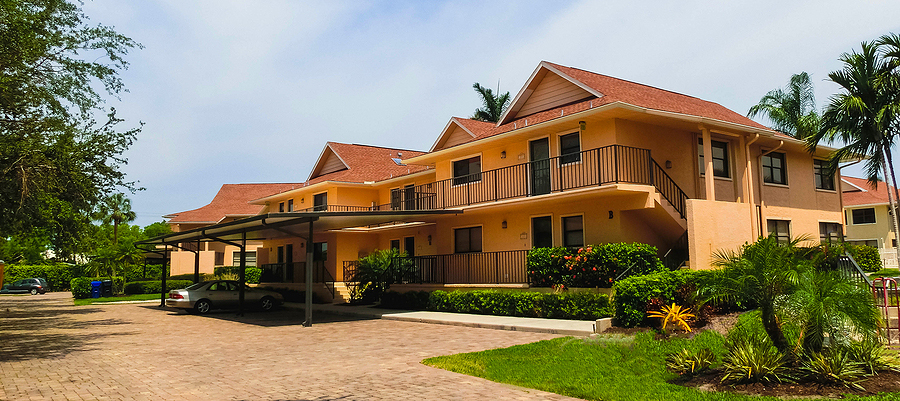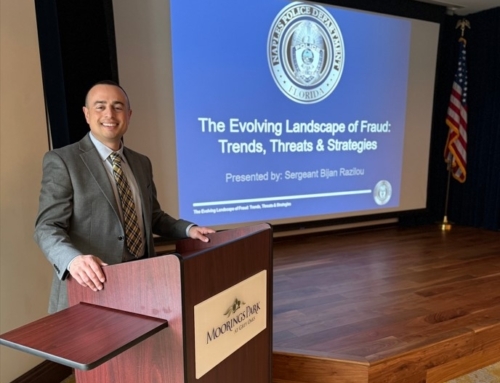By Jim Melican, President Emeritus and GSAC Board Member
Submit questions or feedback online.
It is increasingly evident that the lack of affordable workforce housing has reached crisis proportions, not only in the City of Naples but in Collier County at large. Reportedly 40,000 people who work within our county limits commute each day from Lee County as well as other counties to the east. This lack of housing in our community is having a very detrimental effect on the ability of our local businesses and service providers to attract and retain a stable workforce, whether it be teachers, nurses and other medical personnel, restaurant and supermarket employees or members of our City’s police and fire departments. Since the first of this year the problem has been exacerbated by the very substantial increase in fuel prices, which particularly impacts those commuting on a daily basis from significant distances.
Recently the Collier County Board of County Commissioners (BCC), recognizing that the problem has been getting progressively worse as both home sale prices and rental rates have skyrocketed, took several preliminary measures designed to spur the development of lower cost housing. One was to immediately move $20 million from the proceeds of the 1% sales tax increase into a dedicated land acquisition fund. The Board also directed the County staff to report back with a recommended percentage of the County’s property tax rate that could be ear-marked for approved projects. They also supported the staff’s recommendation to use, if necessary, general fund dollars as a recurring funding source for needed projects. The BCC intends to schedule a special meeting in the near future to discuss other possible recurring funding sources, with the money to be used to help offset the substantially increased land and construction costs which any prospective developer would be likely to incur. While all of this is obviously helpful in that it focuses the community’s attention on what has become an acute problem, a concerted and sustained effort by all interested parties will be required if any meaningful progress is to be made.
The issue in the City is even more challenging, given the paucity of available land and the fact that the City Council earlier this month voted to limit developers to 12 units per acre even for affordable housing projects. Many of the City’s residents are understandably concerned about density, but with the escalating cost of land and spiraling construction costs, it seems very unlikely that truly affordable workforce housing can be built within the City limits.
If you want to gain a better understanding of how serious the problem has become, and the impact that it is already having on our community, I suggest you attend the Affordable Housing Phase III Community Meeting on Tuesday, March 29 (6-8 p.m.) at the River Park Community Center (301 11th St. North).







